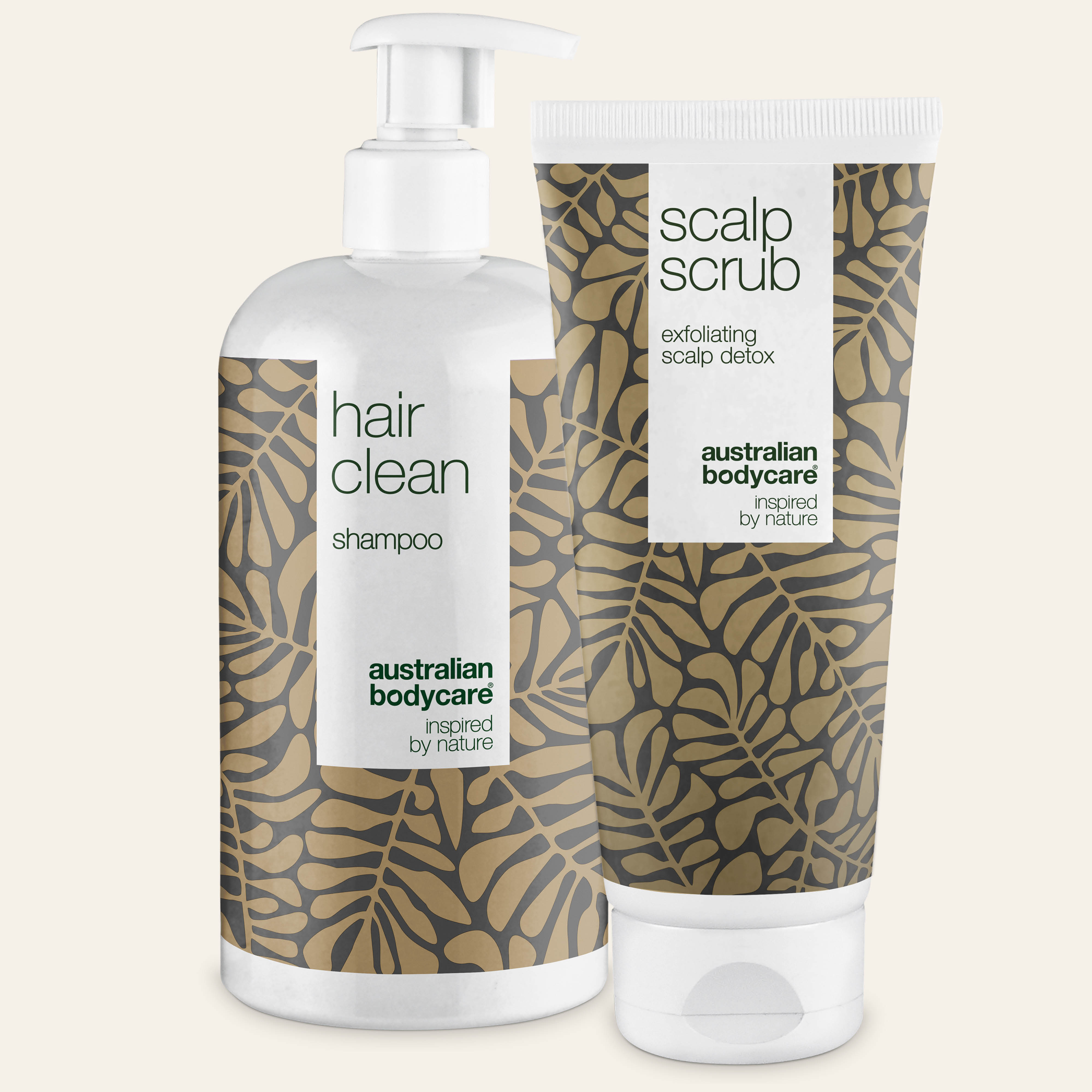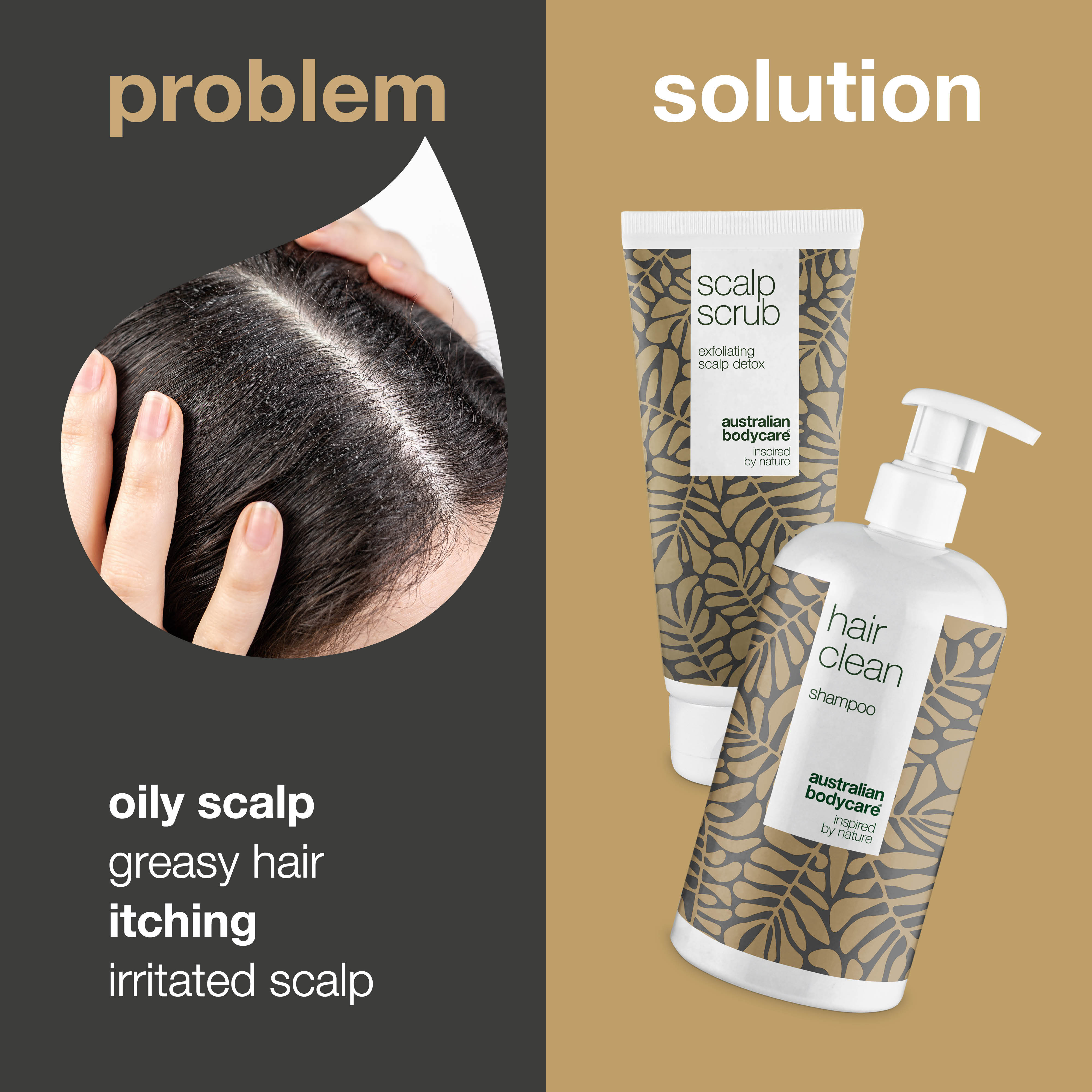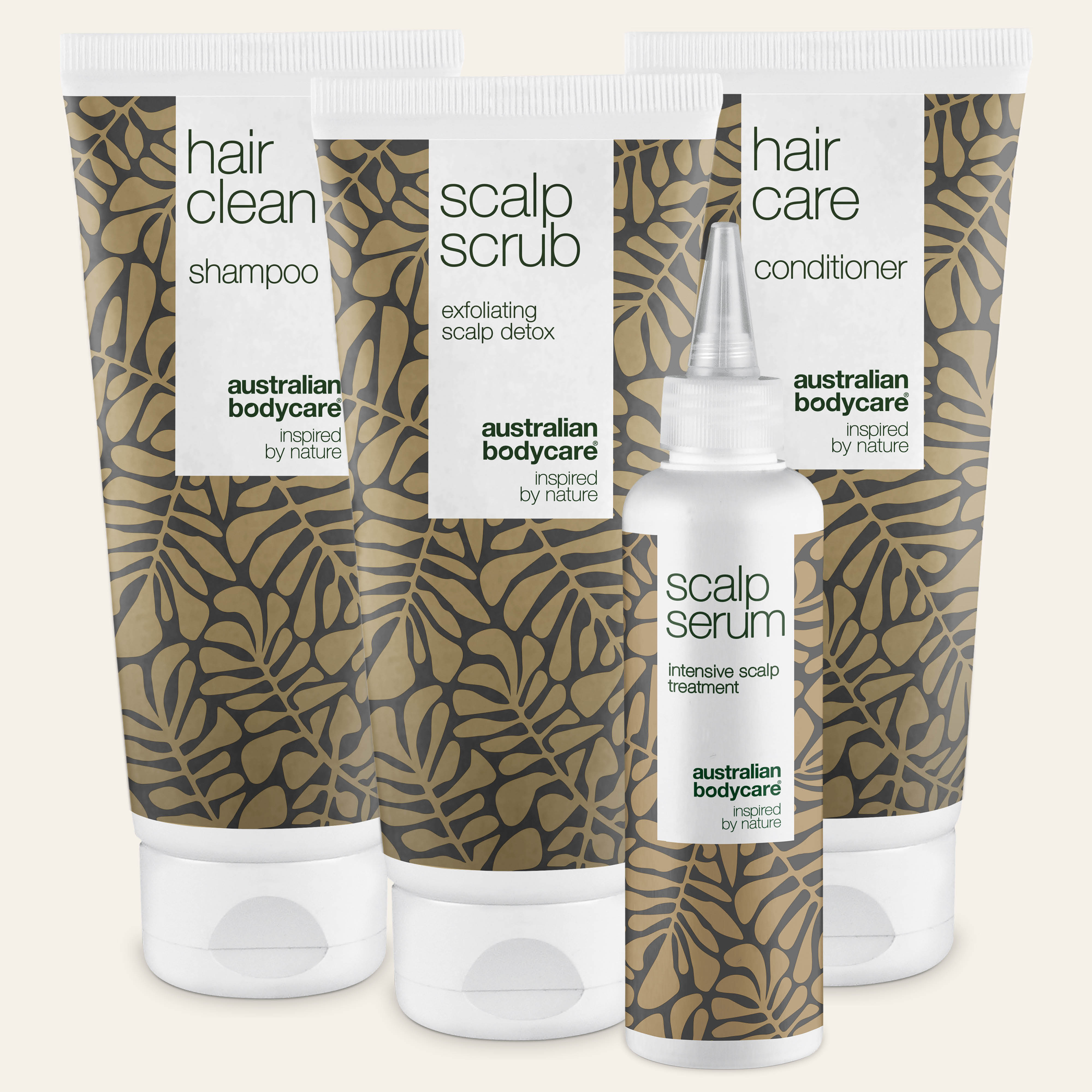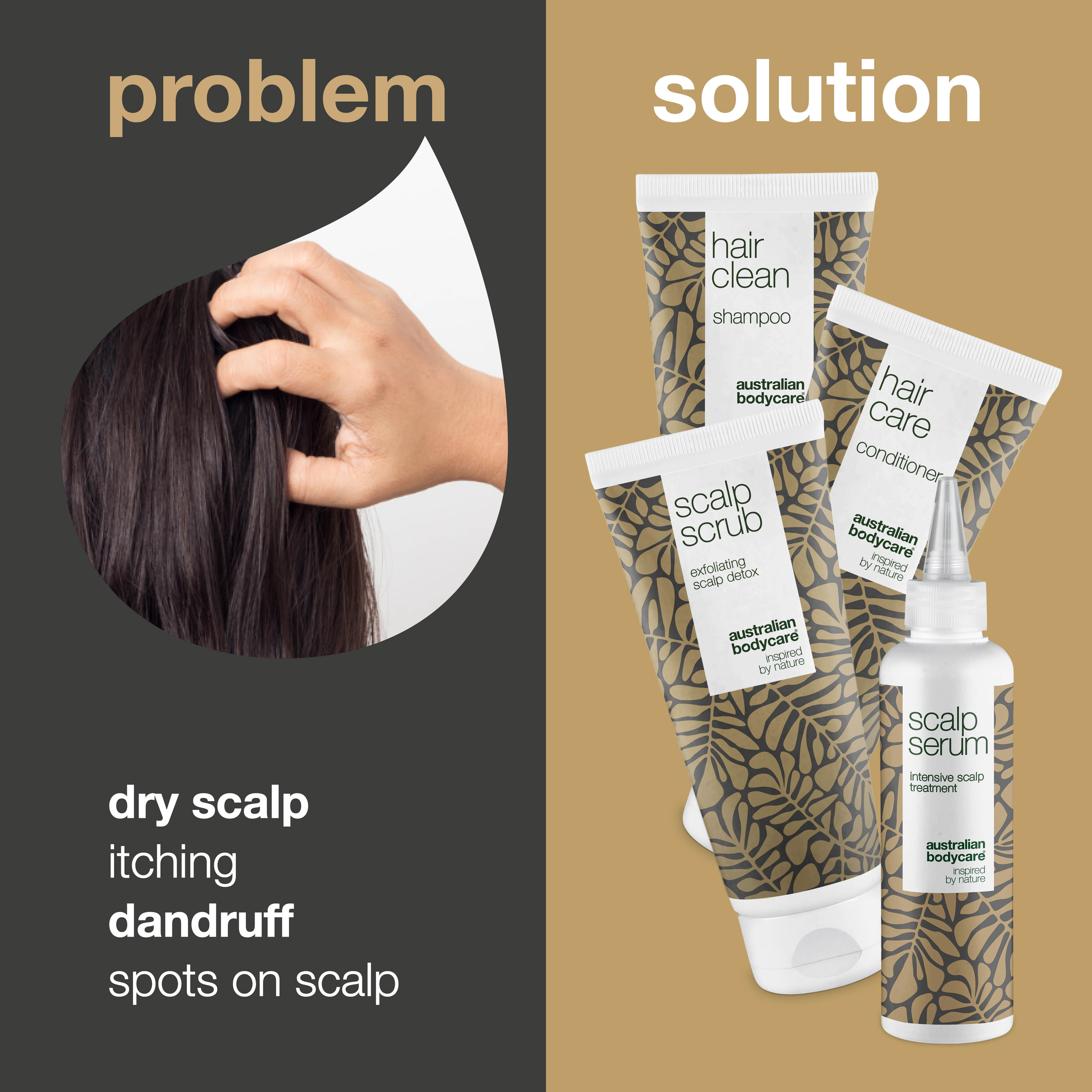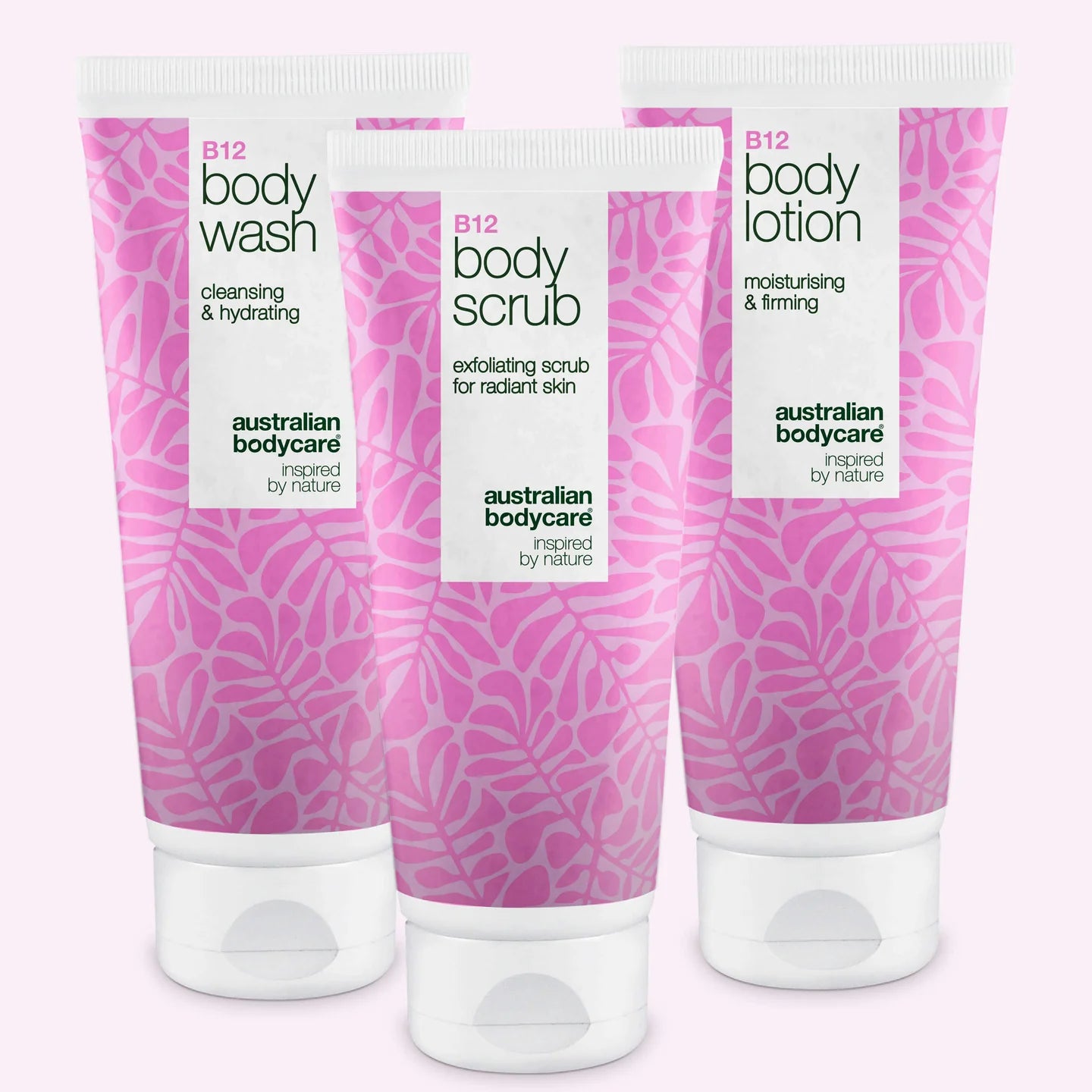Spots on scalp
Have you ever scratched your head and felt what you thought were spots? There can be multiple different causes and reasons behind why spots appear.
Thankfully there is no need to suffer anymore – by identifying the cause of your spotty scalp you can finally prevent any future embarrassing itching episodes!
Table of contents
Symptoms Of Spots On The Scalp
As there are many different factors or conditions which can cause bumps, cystsz, acne or red spots on the scalp, there can be different signs and symptoms appearing.
Usually, most conditions cause pimples on the scalp which feel tender or itchy. Sometimes these spots can appear scaly, inflamed and bright red in their appearance.
Some people find that the skin on their scalp appears to be oilier and hair is much greasier, this is despite regularly washing their hair.
It is possible for individuals to have a spotty scalp all over, or to just have painful spots around their hairline and neckline.
If the spots have been present for a long period of time, they may have affected surrounding hair follicles and weakened the hair roots and growth.
When there is a lot of inflammation, and the individual is itching over the same sore spots repeatedly, hair surrounding the bump can be lost.
Itchy Spots on the Scalp
With itchy spots which are a result of acne or scalp folliculitis, the pimple can appear small and itchy. However these scalp pimples can appear
With itchy spots which are a result of acne or scalp folliculitis, the pimple can appear small and itchy. However these scalp pimples can appear;
- Mild, including blackheads and whiteheads
- Moderate, including papules or pustules which are visible on top of the skins surface
- Severe, including nodules and cysts, these are embedded underneath the skin
If left untreated, severe scalp acne can develop into blackened crusts which can leave permanent scars.
Most of the time, pimples which are on the scalp can be treated with over the counter products, but if you are worried that the pimple has not yet disappeared or may be something else, it is advised you see your doctor.
Working out the physical appearance and any pattern of the spots can help in diagnosing the cause of the problem, therefore contributing to the treatment and prevention of the condition reoccurring in the future.
Read More About: Is Tea Tree Oil Good For Spots?
Treatment For Spots On The Scalp
1) Prevent pores from clogging
The best way to treat spots on the scalp is by preventing the pores from clogging. Usually it is oil and product build-up that causes spots and bumps to develop on the scalp.
Aim to avoid or minimise the use of oil-based products such as waxes and pomades, otherwise, if you must use them, clarifying shampoos can help reduce product build-up.
2) Keep your scalp clean
Keeping your scalp clean is essential as is using the right products. Experts recommend that you wash your hair every other day and straight after a workout to avoid any sweat from clogging hair follicles on the scalp.
3) Use the right shampoo
Folliculitis can be treated with over the counter shampoos and medications which contain antibiotics or mild steroid creams.
Many treatment options for scalp psoriasis are considered as messy and smelly, however, they can help to control the condition. Medicated shampoos and leave in applications can be prescribed by your doctor or may be available over the counter, but it often takes a few weeks to see results.
If you suspect that your shampoos or conditioners are to blame for your scalp acne, you can consider trying products which contain one or more of the following ingredients;
- Salicylic acid, this exfoliates dead skin cells so that they cannot enter the pores and cause acne. This ingredient can sometimes provide relief from itching, however salicylic acid has been known to have a drying effect on the skin and some people have been known to suffer unpleasant side effects such as a burning sensation on the scalp or redness and peeling of the skin.
- Tea tree oil; this essential oil has antibacterial properties. Tea tree oil is an excellent cleanser and pore purifier, as it removes dirt and dead skin cells from the pores. Make sure that you always dilute tea tree oil when applying it to the scalp, as it can increase irritation on spots when used directly.
See also: Tea Tree Oil shampoo against spots on scalp from Australian Bodycare.
4) Brush your hair regularly
Brushing your hair regularly can also help to exfoliate and remove build-up of dead skin cells from the scalp. If you already have acne on your scalp, make sure you brush gently and carefully as too much brushing can cause irritation and infections.
5) Speak to your doctor
Unfortunately there are no overnight treatments which can cure conditions such as spots on the scalp, but plenty of medicated shampoos are available.
Speak to your doctor if you have tried remedies that aim to unclog hair follicles and think you need to try a medicated shampoo.
It is also a good idea to visit your doctor if your scalp is extra itchy, or appears red and swollen. Your doctor will be able to examine your scalp and check for skin conditions which could be causing the spots.
If the cause of your spotty scalp is due to an infection, then your doctor can prescribe antibiotics to help clear it and reduce inflammation. Some antifungal medicines and shampoos, which can help treat infections such as ringworm, are available over the counter.
Read More About: Causes Of An Itchy Scalp: 6 Common Causes
Video: How To Use Products against spots on scalp From Australian Bodycare – Step By Step
Causes of Spots on the Scalp
Breakouts which occur on the scalp are less common than spots which appear on the face, back or shoulders. However this doesn’t mean that you have a serious condition – most of the time pimples on the scalp are harmless, although it is possible that these symptoms are suggesting an underlying health condition which may need addressing.
What causes spots?
If you’re still asking yourself ‘why do I get spots on my scalp?’, then the following list outlines some of the most common causes;
1) Seborrheic Dermatitis
This is a common skin condition which mainly affects the scalp. Patients often present with dry flaky skin on the scalp, which is commonly referred to as dandruff.
Seborrheic dermatitis is also able to affect other areas of the body which can get oily, such as the face, creases around the nostrils, eyebrows, ears, eyelids and the chest.
Most of the time, the condition will resolve without the need for treatment, otherwise daily cleansing of the area with a gentle soap or shampoo can reduce oiliness or any build-up of dead skin.
The exact cause of this condition is unknown but genes and hormones do play a role in the development of seborrheic dermatitis.
Anyone, regardless of their age or gender can develop the condition. Common symptoms include redness, itchiness, greasiness or swelling in the skin and crusty flakes that are white or yellowish in colour.
Read more about: How To Get Rid Of Dandruff
2) Folliculitis
This condition is inflammation of the hair follicles, it can occur anywhere on the body where hair grows however it is most commonly seen around the beard area or the scalp.
Folliculitis is when hair follicles become inflamed due to irritation, shaving of the head or when the hair follicles are blocked.
When hair follicles become damaged, they are more susceptible to infection. In many cases of folliculitis, damaged follicles become infected from the bacteria Staphylococcus, leading to white and itchy pustules or pimples forming around the follicles.
These do eventually crust over, however in severe cases some people end up suffering from boils.
3) Clogged Hair Follicles And Pores
We all know that spots are the result of pores which are getting clogged. This can occur when dead skin cells and the naturally occurring oils in the hair that keep the skin moisturised (also known as sebum) or bacteria enter the pores.
The cells are unable to exit the pores, which can lead to the development of acne.
Other reasons for clogged pores include;
- Product build-up from shampoos, gels, hairsprays or other hair products
- Not washing hair often enough leading to an unclean scalp
- Not washing hair after a workout causing sweat to clog the pores
- Wearing hats or other equipment on the head which causes friction against the scalp
4) Bacterial and Fungal Infections
More severe forms of acne are caused by bacteria or fungus entering the pores. These scalp infections can cause tenderness of the scalp, pain, redness or pus to ooze from spots.
Tinea capitis, also known as ringworm of the scalp is a common fungal scalp infection. This infection can cause round and red scaly bumps on the surface of the scalp. This form of fungus can infect the skin and progress quickly if it is not treated in time.
The bumps from ringworm feel painful with a continuous itchiness, sometimes they may even be filled with pus.
5) Hormonal Imbalances
Hormones can contribute to breakouts on the scalp by causing oil producing glands to become overactive. This increase in sebum production in the scalp can cause pores to become blocked leading to scalp acne.
Often a hormone imbalance is seen in young adolescents who are going through puberty, or in women around their menstrual cycle, however it can be an indicator of an underlying condition.
Frequently Asked Questions About Spots On The Scalp
Why do I get spots on my scalp?
Spots on the scalp can be caused by a multitude of different factors and conditions, although not entirely uncommon or harmless, they can feel itchy and uncomfortable. The spots can be caused by conditions such as seborrheic dermatitis, folliculitis, infections, clogged pores, hormone imbalances and other conditions which affect the skin.
How to get rid of hair bumps on the scalp?
Hair bumps, also known as ingrown hairs can be caused by folliculitis. Affected hair follicles appear irritated and raised resembling red lumps, becoming itchy and uncomfortable. They can be treated by applying warm compresses onto the affected area for ten minutes twice a day to draw the ingrown hair closer to the surface of the skin.
Applying the essential oil, tea tree oil, and using a natural homemade exfoliator of olive oil and sugar scrub can reduce swelling, itchiness and irritation in the area.
How to treat scalp pimples?
Pimples on the scalp can be itchy and even painful; however, they can be treated with specialised shampoos containing anti-bacterial ingredients such as tea tree oil. In order to prevent further acne on the scalp, you should avoid oil based hair products and wash your hair every other day so that pores remain unclogged and pimples do not develop.
Why is my scalp tender in one spot?
Often conditions such as psoriasis, bacterial infections or fungal infections are to blame for scalp tenderness. Sometimes these conditions come with no other visible symptoms, or may be accompanied by some flaking or scaling on the scalp.
Can pimples on scalp cause hair loss?
It is possible but very rare that spots on the scalp can cause hair loss. If there is any intense inflammation on the scalp, it can lead to hair loss and if scarring develops then hair loss can become permanent. Conditions such as folliculitis if left untreated can affect hair follicles and lead to permanent hair loss in severe cases.
Does dandruff cause bumps on the scalp?
Usually dandruff is associated with an irritated scalp and a lot of itching. By scratching the scalp too much there is a possibility that the skin can become damaged and bumps appear on the scalp.
To learn, and for further information, about the causes and treatment options for any spots or bumps which are on your scalp, you can speak to your doctor or pharmacist.
Most of the time the causes of these conditions are relatively harmless and do not require specialist treatment, but if you feel that your scalp is exceptionally irritated, or you are beginning to lose some hair, then it is recommended you make an appointment with your doctor to rule out any underlying skin conditions.


